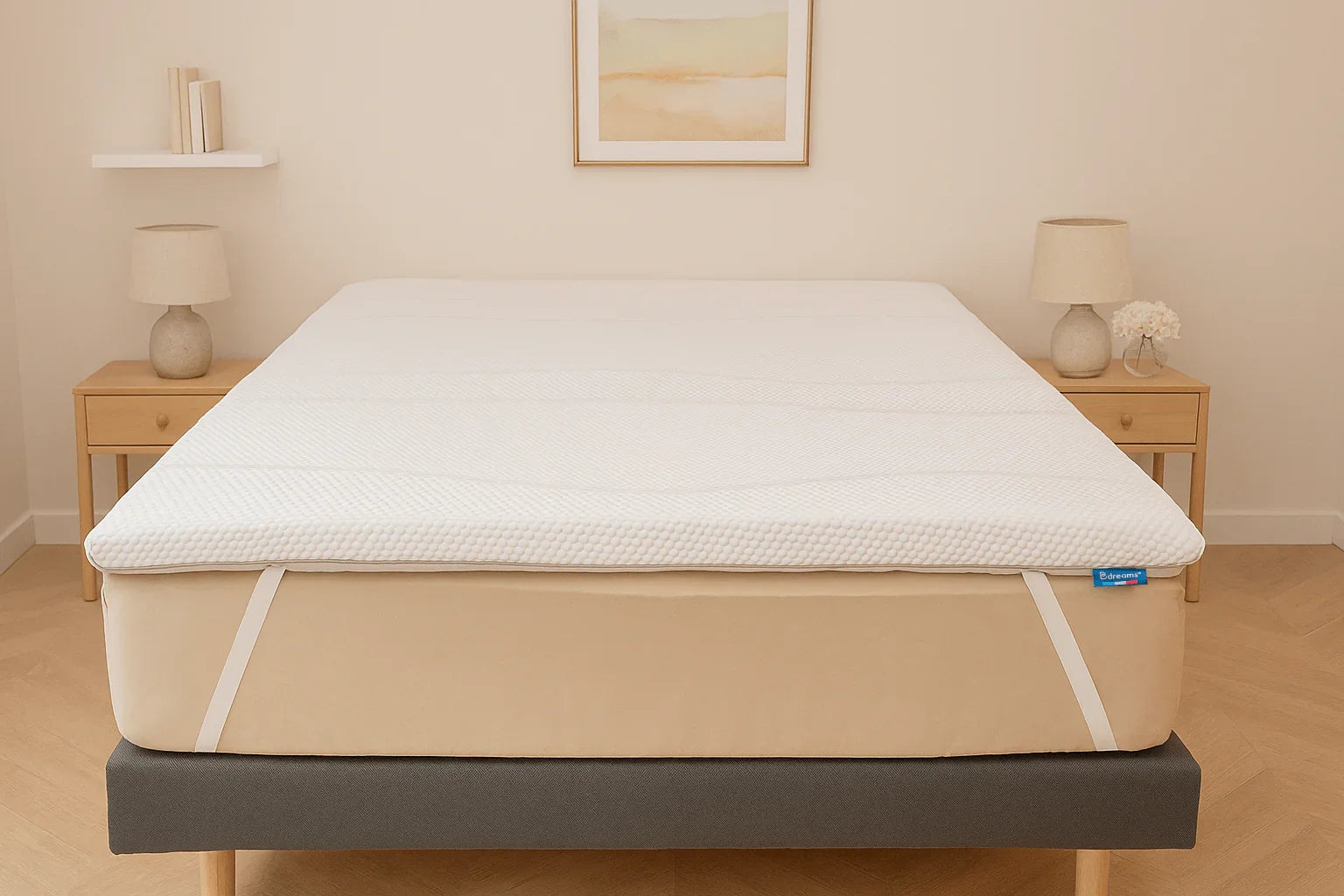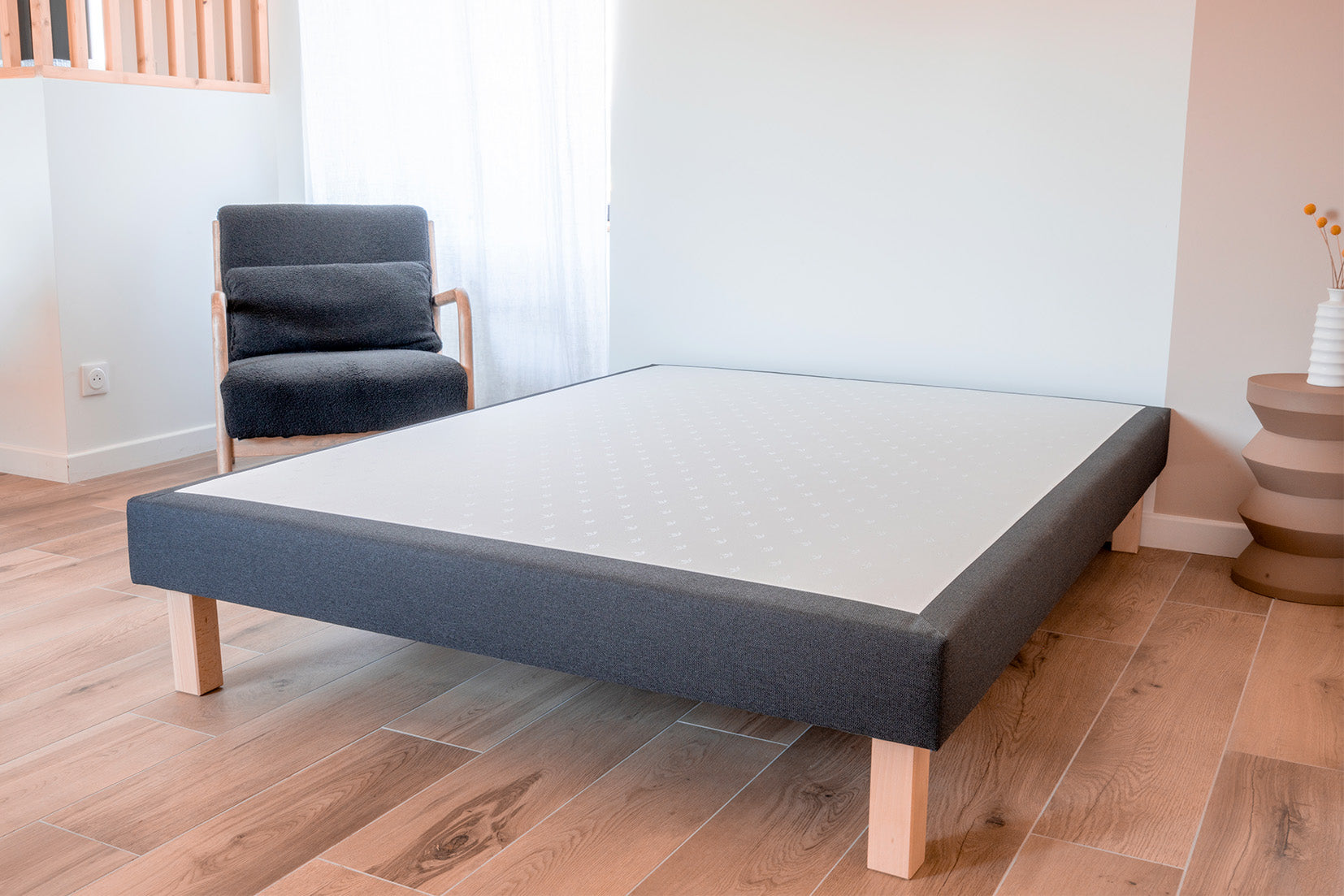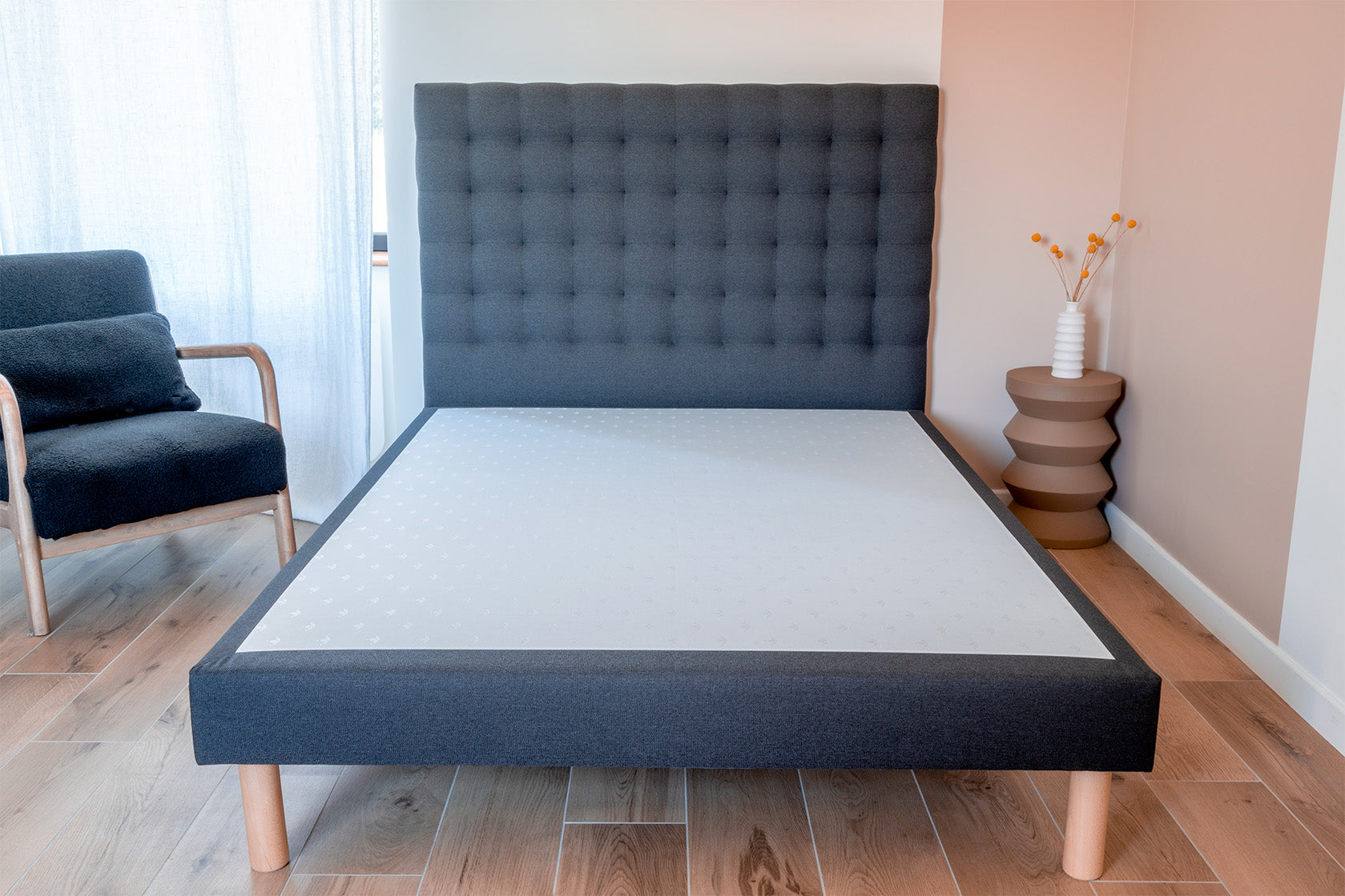Summary
- Esotericism: Revealing the Secrets of Sleep
- Pre-sleep rituals
- The symbolism of sleep
- Lucid dreams
- Lithotherapy: minerals for sleep
- Soothing stones
- Protective stones
- Balancing stones
- Hypnosis: a journey to the heart of oneself
- Ericksonian hypnosis
- Hypnotic suggestions
- Self-hypnosis
- Example of a guided breathing exercise
- Combining Esotericism, Lithotherapy and Hypnosis for optimal sleep
- Create a sacred space
- Practice relaxation
- Visualize a peaceful sleep
- Use positive affirmations
- Consult a professional in case of persistent problems
Sleep, this nocturnal journey to the depths of our being, has always fascinated mankind. Ancient civilizations revered it as a sacred state, a bridge between the waking world and the world of dreams. Today, modern science confirms the vital importance of sleep for our physical and mental health. Yet, more and more of us suffer from insomnia or sleep disorders. It is in this context that ancestral practices, such as esotericism, lithotherapy, and hypnosis, are experiencing a renewed interest.
1. Esotericism: Revealing the Secrets of Sleep
Esotericism, the quest for intimate and universal knowledge, considers sleep as an altered state of consciousness, a gateway to hidden dimensions of our being. Dreams, according to this perspective, are not simple nocturnal hallucinations, but symbolic messages that invite us to explore our unconscious.
- Pre-sleep rituals: Many esoteric traditions recommend practicing rituals before bed, such as meditation, visualization, or prayer. These practices help calm the mind, dispel stray thoughts, and connect with a more peaceful energy.
- The symbolism of sleep: In esotericism, sleep is often associated with symbolic death, that is, a letting go of the concerns of the material world in order to be reborn to oneself. This spiritual dimension can help us accept sleep as an essential moment of regeneration.
- Lucid Dreaming: Lucid dreaming, the ability to become aware that one is dreaming, is considered by esotericists to be a powerful tool for personal development. It allows one to explore one's fears, solve problems, and gain insight into oneself.
2. Lithotherapy: minerals for sleep
Lithotherapy, which uses the energetic properties of stones and crystals, can also be a valuable ally in improving the quality of sleep.
- Soothing stones: Certain stones, such as amethyst, labradorite, or celestite, are known for their calming and relaxing properties. They can be placed under your pillow or in your bedroom to promote deep, restful sleep.
- Protective stones: Other stones, such as tiger's eye or hematite, protect against negative energies and promote peaceful sleep.
- Balancing stones: Crystals like rose quartz or aventurine balance the energies of the body and mind, contributing to more peaceful sleep.
3. Hypnosis: a journey to the heart of oneself
Hypnosis, a technique that involves altering a person's state of consciousness, is increasingly used to treat sleep disorders.
- Ericksonian hypnosis: This gentle and respectful approach to hypnosis allows you to work on limiting beliefs and negative emotions related to sleep.
- Hypnotic suggestions: The hypnotherapist uses verbal suggestions to guide the person into a state of deep relaxation and allow them to regain natural, restorative sleep.
- Self-hypnosis: Once initiated into hypnosis, it is possible to practice self-hypnosis to fall asleep more easily and wake up feeling refreshed.
Example of a guided breathing exercise to relax you before falling asleep:
"Sit comfortably with your eyes closed. Focus your attention on your breathing. Inhale slowly through your nose, expanding your belly, then exhale slowly through your mouth, releasing any tension. Repeat this exercise for a few minutes, focusing on each inhalation and exhalation."
4. Combining Esotericism, Lithotherapy and Hypnosis for Optimal Sleep
By combining these three approaches, it is possible to create a truly personalized and effective sleep ritual.
- Create a sacred space: Set up your bedroom as a sanctuary of peace and serenity. Use soft colors, scented candles, and place your favorite stones around your bed.
- Practice relaxation: Before going to bed, take time to relax by practicing breathing exercises, visualization or meditation.
- Visualize a peaceful sleep: Imagine yourself in a deep, restful sleep. Visualize soothing images and feel the pleasant sensations associated with sleep.
- Use positive affirmations: Repeat positive affirmations such as "I sleep peacefully through the night" or "I wake up feeling refreshed."
- Consult a professional: If you suffer from persistent sleep disturbances, do not hesitate to consult a doctor or a specialized therapist.
Esotericism, lithotherapy, and hypnosis offer valuable tools for improving the quality of our sleep and regaining inner balance. By combining these practices with a healthy lifestyle, it's possible to transform our relationship with sleep and live a more fulfilling life.



















Leave a comment
This site is protected by hCaptcha and the hCaptcha Privacy Policy and Terms of Service apply.